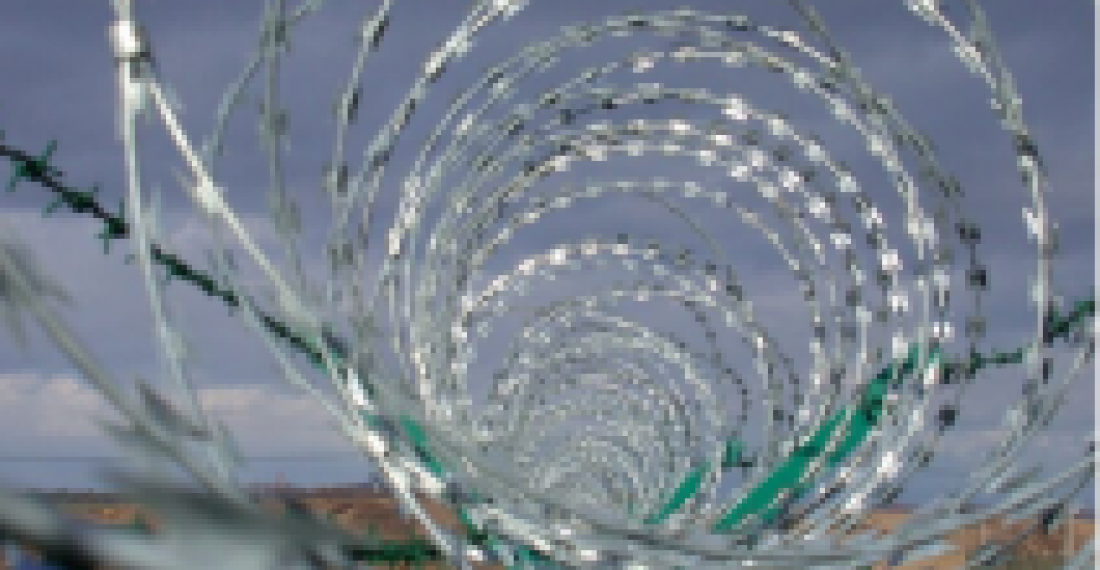A new publication by the Norwegian Helsinki Committee and the Foreign Policy Centre draws attention to the human rights situation in some of Europe's most contested but least well known places: Transnistria, South Ossetia, Abkhazia, Nagorno-Karabakh and Crimea.
Authors contributing essays to this collection include: Rustam Anshba (Robert Bosch Fellow at Chatham House); Gunnar M. Ekeløve-Slydal, Ana Pashalishvili and Inna Sanghadzhiyeva (Norwegian Helsinki Committee); Adam Hug (Director at the Foreign Policy Centre); Anton Naumliuk (Journalist working on rights abuses in Crimea); Ilya Nuzov (Eastern Europe and Central Asia Desk Director at FIDH); Alan Parastaev (Blogger at Caucasian Knot); Alina Radu (Director of Ziarul de Garda); Dennis Sammut (Director of LINKS); Gregory Shvedov, (Editor in Chief of Caucasian Knot); Mariam Uberi (Research Fellow at the Foreign Policy Centre).
The publication brings together local and international experts to set out the current political situations in these disputed territories and what it means for human rights within them, as well as for other communities effected by them, including those living near unrecognised borders or who were displaced by the conflicts. It brings together a range of different viewpoints but raises concerns about the human rights situation in all five disputed territories, particularly about the shrinking civic space in South Ossetia, Abkhazia and Crimea; the treatment of ethnic Georgians and Crimean Tartars; as well as the efforts by the de facto authorities and the Russians to create borders.
The publication has three central findings. Firstly, that much more must be done to support the work of local NGOs, journalists and lawyers operating in and with the disputed territories.
The publication shows that the European Convention on Human Rights continues to apply in the unrecognised states as a result of Russia, Ukraine, Moldova, Georgia, Armenia and Azerbaijan all being signatories. So secondly, there is a need to improve access to international law and international monitoring processes by supporting lawyers both on the ground and internationally in taking cases to international courts and making use of ‘Magnitsky' legislation or other personal sanctions on human rights abusers from or operating in disputed territories.
Thirdly, the rights of IDP communities (particularly the very large Azerbaijani and Georgian IDP populations) and the human rights of ethnic Georgians, Ukrainians, Crimean Tartars and Moldovans who are still trying to live in the disputed territories must not be forgotten.
To see the full list of recommendations please download the publication here.
source: commonspace.eu with the Foreign Policy Centre (London)






